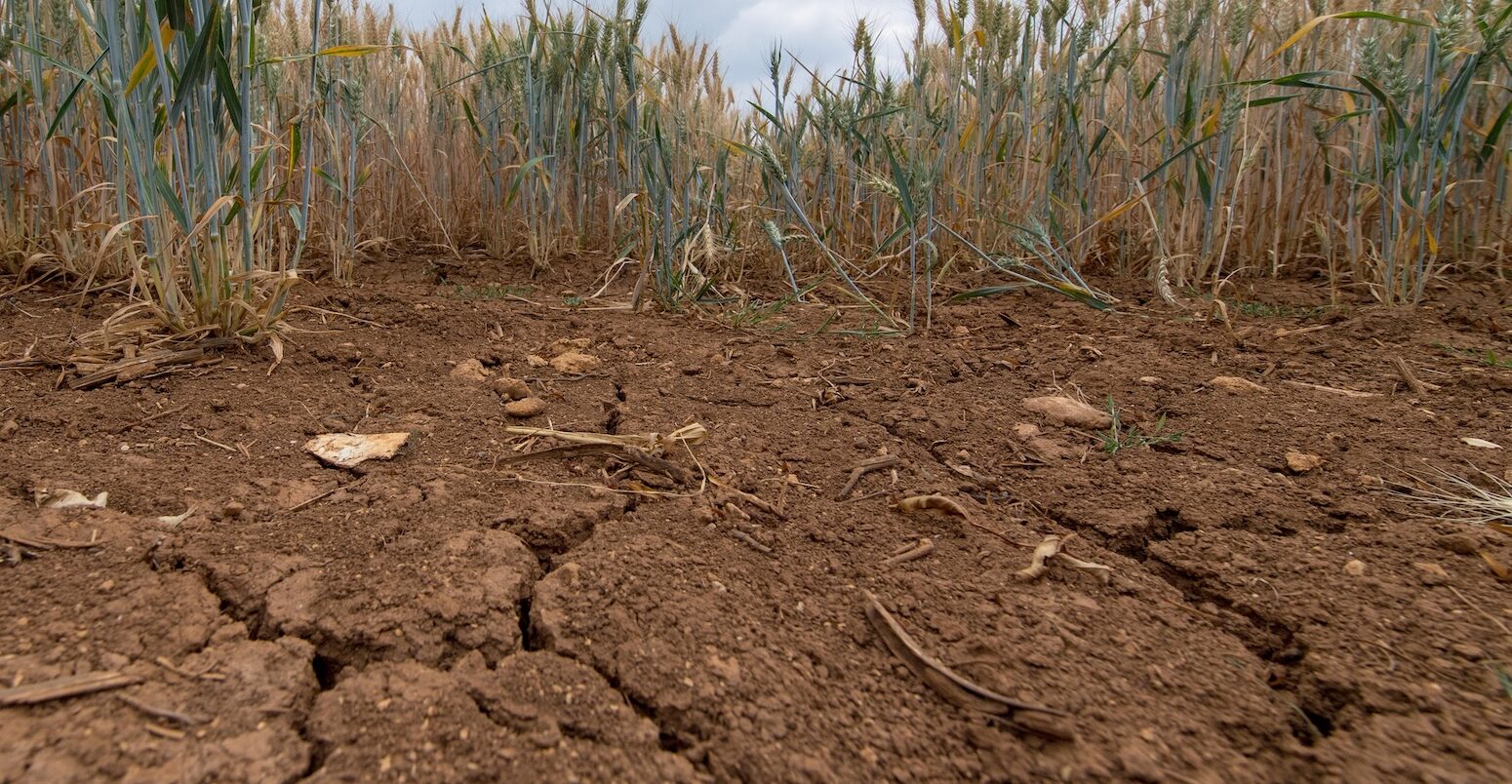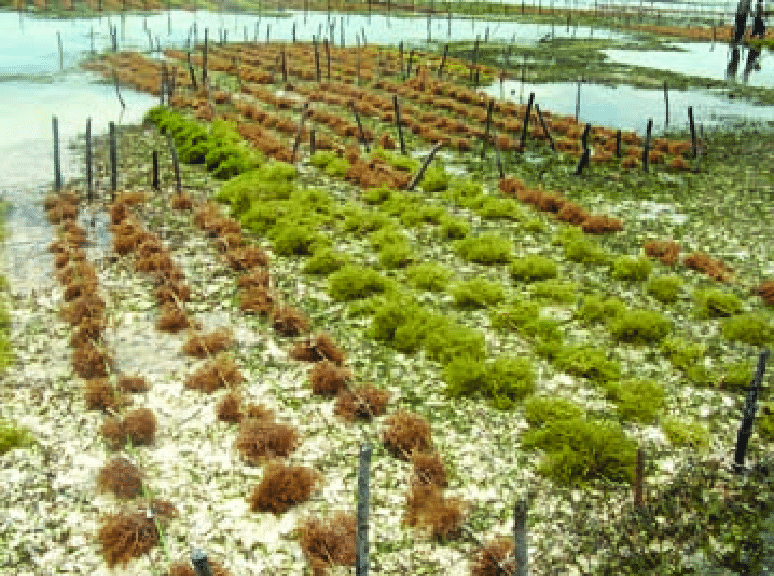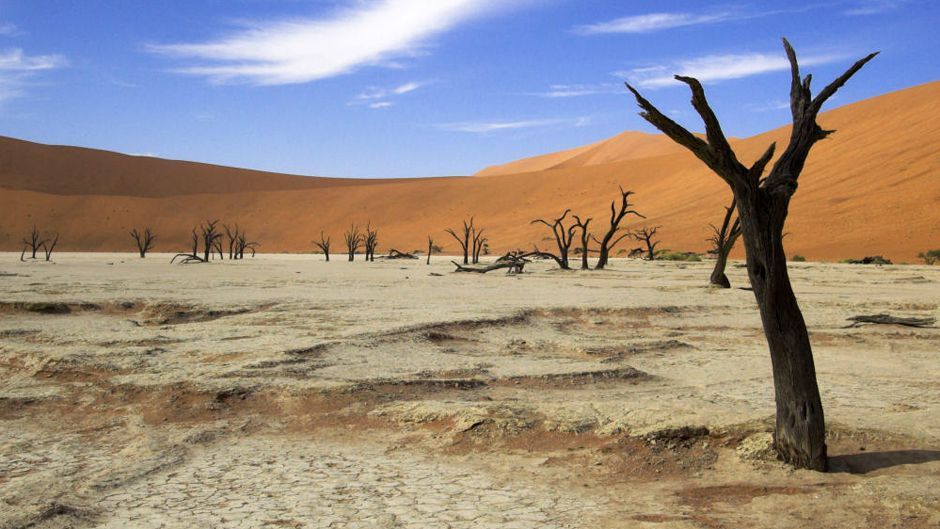The world took significant steps in recognising the importance of biodiversity and the health of our ecosystems to human life at the COP15 last December. The Kunming-Montreal Global Biodiversity Framework (GBF) has four goals that are aligned with three UN SDGs 12, 14 and 15.
The four goals of the GBF call for action on:
- Halting human induced extinction of species, increasing the connectivity and area of natural ecosystems and ensuring the diversity of domesticated species
- Sustainably managing biodiversity and enhancing and restoring the ecosystem services
- Improving the monetary and non-monetary value of the ecosystems and genetic information and guaranteeing access to it for everyone, especially indigenous people, and local communities
- Ensuring sufficient financial and non-financial resources for the protection of biodiversity
To achieve these goals, the COP15 agreed on 23 targets that need to be achieved by 2030. This is ambitious, especially when we are still facing rapid loss of species and natural habitats.
However, what we often forget is that the forest sector is actually a pioneer in voluntary sustainable ecosystem management practices since the foundation of the FSC® in 1993, followed by SFI in 1994 and PEFC in 1999. This raw material is renewable, recyclable, recycled, and biodegradable and is therefore part of the circular bioeconomy. Sustainable forest management practices ensure the protection of forest ecosystems, including habitat preservation for various species of plants and animals and promoting biodiversity. By preserving natural habitats, the industry is supporting diverse species and promoting the overall wellbeing of our planet.
Sustainable Forestry
As the global movement towards sustainable choices gains momentum, the paper-based packaging industry also recognises the importance of biodiversity and nature conservation which starts with our primary raw material, wood fibres. It is through a commitment to sustainable wood and fibres, and commitment to voluntary, third-party verified certification programmes that ensure the sustainable origin of all the material used to produce packaging. So, no matter whether that is the fibres sourced to make a box being delivered directly to the consumer at home, on-shelf in-store, or industrial packaging for the safe transport of large-scale machinery, a third-party verification provides evidence that the materials have been sourced responsibly from well-managed forests where there is active monitoring of biodiversity and protection of ecosystems.
At Smurfit Kappa, we have established a complete chain of custody management system network. Our customers get piece of mind through the sustainable forest management certification schemes of FSC, PEFC, and SFI.
Our 67,000 hectares of forests and plantations in Colombia are all FSC certified since 2003 and they continuously sequester some 9 million tonnes of carbon from the atmosphere every year. Of the 67,000 hectares, almost one third is natural forest, all working together with our forestry operations to deliver for our communities, our business, and most importantly for nature. In addition to our sustainable wood origin, each year we publicly report our biodiversity inventories, measure growth in diversity, and track our forest conservation efforts. We also report on our operations’ locations regarding protected areas.
Conservation Partnerships
Collaboration and partnerships are an important way for industry stakeholders to combine resources and expertise to address environmental challenges and make a positive impact on biodiversity conservation. At Smurfit Kappa, we have partnered with the Biology Programme of the Natural Science School of Universidad del Valle since 2013 to study the diversity of birds, mammals, and plants in the natural forests of the forestry nucleus in Sevilla. Separately, since 1994, we have collaborated with coffee farmers in the regions where we have forestry operations to develop ecological synergies from the co-production of forestry products and coffee farming.
Engaging in many community-orientated schemes has a benefit to the environment, biodiversity, and importantly to the local people. We support the development of local communities in Colombia, where Smurfit Kappa owns forestry operations, through job creation, income generation, education, and environmental management. In Colombia alone, we have invested more than US$ 7 million in the last three years in sustainable agricultural and forestry production, maintenance of public roads, infrastructure development, economic reactivation, and other social initiatives.
Choosing cardboard
The paper-based industry, as part of the circular economy, recognises and understands the critical role of biodiversity and nature conservation in achieving a sustainable future. Through sustainable forestry, conservation partnerships, and advanced recycling, the industry is actively contributing to biodiversity preservation while meeting the growing consumer demand for sustainable packaging solutions.
In the future, we are focusing our efforts on improving our biodiversity footprint even further. The TNFD and SBTi FLAG are mechanisms driving understanding and improved reporting of our non-financial impacts on our natural environment. So whilst we know we have work to do, we are transparent in our actions and have nature-related targets tied to management incentives and our cost of funding ensuring we drive action now and report our progress against these targets.




